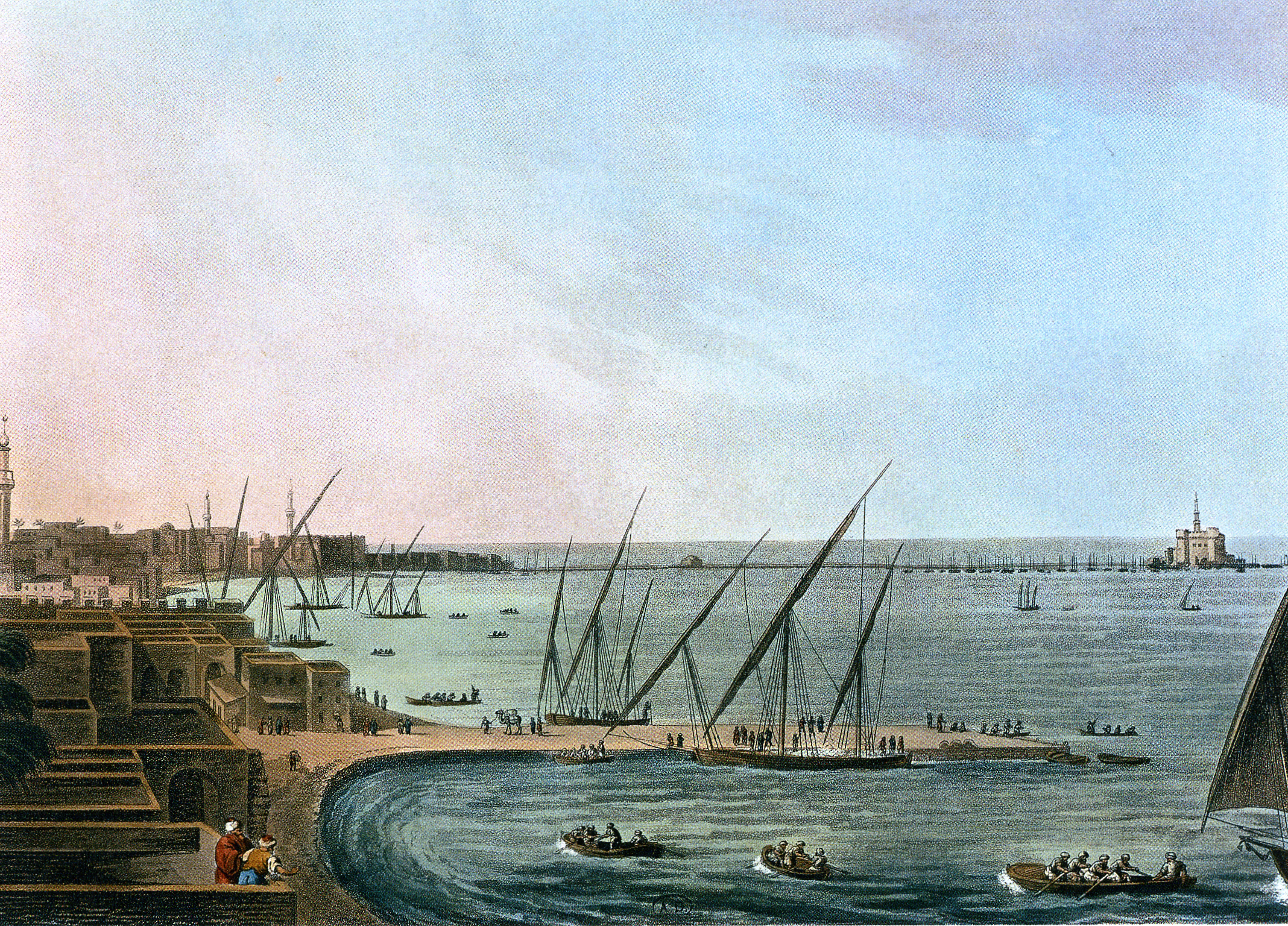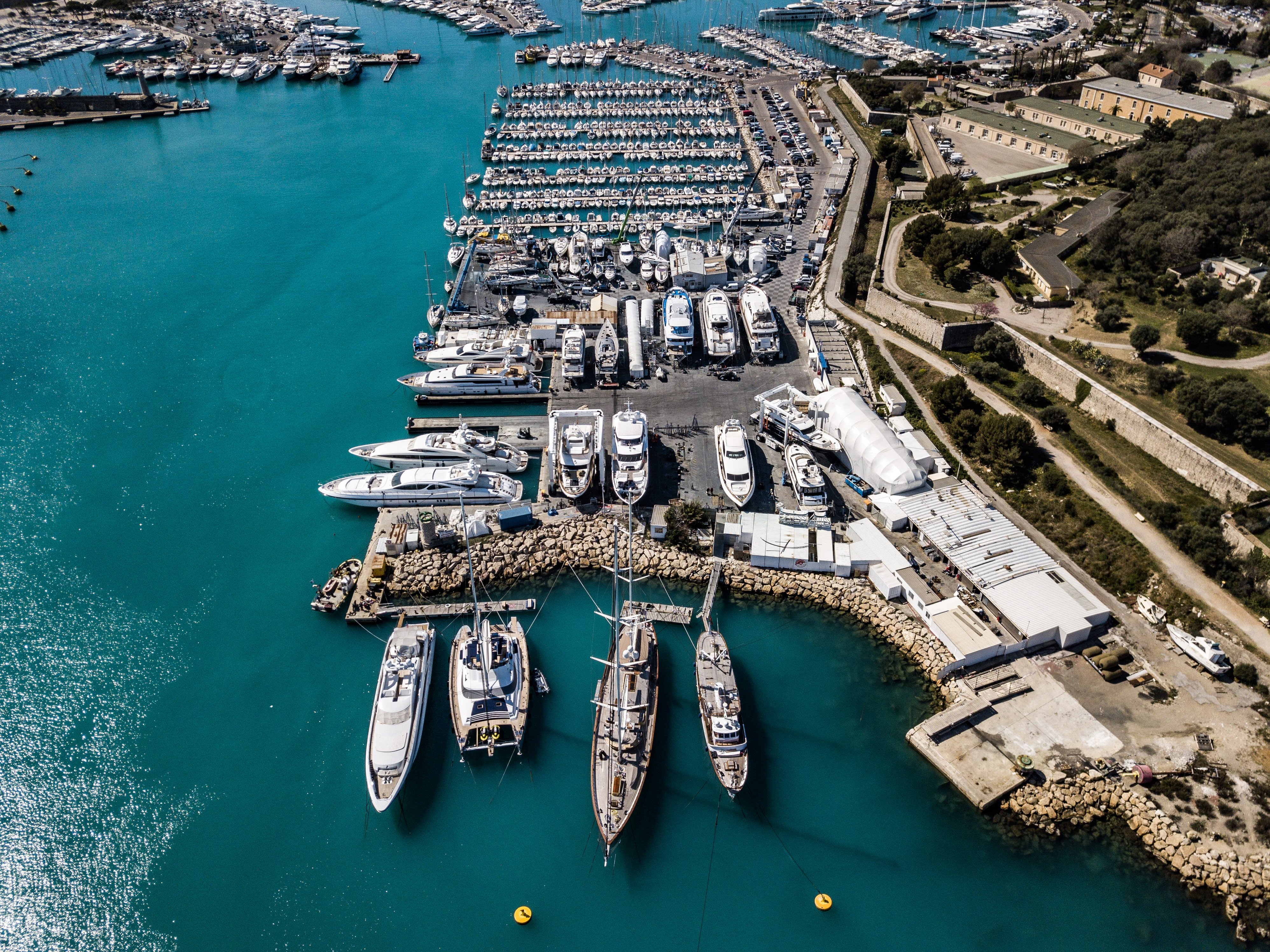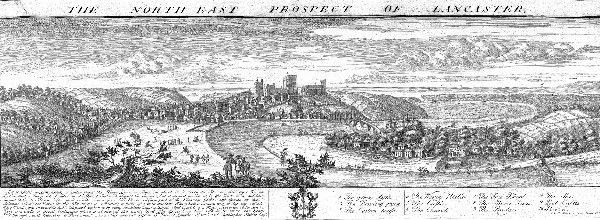|
Lamport And Holt
Lamport and Holt was a UK merchant shipping line. It was founded as a partnership in 1845, reconstituted as a limited company in 1911 and ceased trading in 1991. From 1845 until 1975 Lamport and Holt was headquartered in Liverpool. The founders of Booth Line and Blue Funnel Line had family links with the original partners in Lamport and Holt, and worked for them before founding their own steamship lines in the 1860s. Lamport and Holt was an independent partnership until 1911, when it became a limited company and the Royal Mail Steam Packet Company (RMSP) took it over. RMSP collapsed as a result of the Royal Mail Case in 1931 but was reconstituted as Royal Mail Lines in 1932. Vestey Group bought Lamport and Holt in 1944 and absorbed it into its Blue Star Line subsidiary in 1991. For much of its history Lamport and Holt traded with the east coast of South America, operating liner services there to and from New York, Britain and mainland Europe. from 1902 to 1928 it operated a ... [...More Info...] [...Related Items...] OR: [Wikipedia] [Google] [Baidu] |
House Flag
A maritime flag, also called a naval flag, is a flag designated for use on ships, boats, and other watercraft. Naval flags are considered important at sea and the rules and regulations for the flying of flags are strictly enforced. The flag flown is related to the country of Ship registration, registration: so much so that the word "flag" is often used symbolically as a metonym for "country of registration". Types of flag Ensigns The ensign is the national identification of a ship and hoisted up in a national flag world-wide. They are required to be worn when entering and leaving harbour, when sailing through foreign waters, and when the ship is signalled to do so by a warship. Ensigns are part of seafaring traditions of private and Navy, naval forces and have their origins in the era of sailing vessels. Flag dipping is done with the ensign. Ships usually wear their ensigns between the morning colours ceremony and sunset when moored or at anchor. Warships wear it at all times ... [...More Info...] [...Related Items...] OR: [Wikipedia] [Google] [Baidu] |
World War I
World War I or the First World War (28 July 1914 – 11 November 1918), also known as the Great War, was a World war, global conflict between two coalitions: the Allies of World War I, Allies (or Entente) and the Central Powers. Fighting took place mainly in European theatre of World War I, Europe and the Middle Eastern theatre of World War I, Middle East, as well as in parts of African theatre of World War I, Africa and the Asian and Pacific theatre of World War I, Asia-Pacific, and in Europe was characterised by trench warfare; the widespread use of Artillery of World War I, artillery, machine guns, and Chemical weapons in World War I, chemical weapons (gas); and the introductions of Tanks in World War I, tanks and Aviation in World War I, aircraft. World War I was one of the List of wars by death toll, deadliest conflicts in history, resulting in an estimated World War I casualties, 10 million military dead and more than 20 million wounded, plus some 10 million civilian de ... [...More Info...] [...Related Items...] OR: [Wikipedia] [Google] [Baidu] |
Egypt Eyalet
Ottoman Egypt was an administrative division of the Ottoman Empire after the Ottoman–Mamluk War (1516–1517), conquest of Mamluk Egypt by the Ottomans in 1517. The Ottomans administered Egypt as a Eyalet, province (''eyalet'') of their empire (). It remained formally an Ottoman province until 1914, though in practice it became increasingly autonomous during the 19th century and was under de facto British Empire, British control from 1882. Egypt always proved a difficult province for the List of sultans of the Ottoman Empire, Ottoman Sultans to control, due in part to the continuing power and influence of the Mamluks, the Egyptian military caste who had ruled the country for centuries. As such, Egypt remained semi-autonomous under the Mamluks until Napoleon Bonaparte's French First Republic, French forces invaded in 1798. After Anglo-Turkish forces expelled the French in 1801, Muhammad Ali of Egypt, Muhammad Ali Pasha, an Albanian military commander of the Ottoman army in Egyp ... [...More Info...] [...Related Items...] OR: [Wikipedia] [Google] [Baidu] |
Brocklebank Line
The Brocklebank Line (formally named Thos. and Jno. Brocklebank) was an English shipping line that operated in the 19th and 20th centuries. Daniel Brocklebank founded a shipyard in Whitehaven in 1785, and expanded in the following years into operating ships. Following Brocklebank's death in 1801, his sons Thomas and John took over the business, which was incorporated as Thomas and John Brocklebank. The line expanded steadily in the first half of the 1800s, opening routes to South America by 1809, India in 1815 following the end of the East India Company's monopoly, and China in 1829. The line's operations were based out of Liverpool and run by Thomas Brocklebank, while John ran the Whitehaven shipyard until his death in 1831. The next generation of Brocklebanks, Thomas Jr. and Ralph, became partners in the business in 1843, and the following year the line reached its peak with a fleet of fifty ships. In 1865 the shipyard at Whitehaven closed, with most of the line's subsequent sh ... [...More Info...] [...Related Items...] OR: [Wikipedia] [Google] [Baidu] |
Cumberland
Cumberland ( ) is an area of North West England which was historically a county. The county was bordered by Northumberland to the north-east, County Durham to the east, Westmorland to the south-east, Lancashire to the south, and the Scottish counties of Dumfriesshire and Roxburghshire to the north. The area includes the city of Carlisle, part of the Lake District and North Pennines, and the Solway Firth coastline. Cumberland had an administrative function from the 12th century until 1974, when it was subsumed into Cumbria with Westmorland as well as parts of Yorkshire and Lancashire. It gives its name to the unitary authority area of Cumberland, which has similar boundaries but excludes Penrith. Early history In the Early Middle Ages, Cumbria was part of the Kingdom of Strathclyde in the Hen Ogledd, or "Old North", and its people spoke a Brittonic language now called Cumbric. The first record of the term 'Cumberland' appears in AD 945, when the ''Anglo-Saxon Chronic ... [...More Info...] [...Related Items...] OR: [Wikipedia] [Google] [Baidu] |
Workington
Workington is a coastal town and civil parish in the Cumberland district of Cumbria, England. The town is at the mouth of the River Derwent on the west coast, south-west of Carlisle and north-east of Whitehaven. At the 2021 census the parish had a population of 25,448 and the built up area had a population of 21,275. Toponymy The place-name Workington is first attested in an Anglo-Saxon charter of 946, as ''Wurcingtun''. It appears as ''Wirchingetona'' in about 1150, meaning "the town or settlement of Weorc or Wirc's people". The "Work" element is therefore derived from a person's name. History Between 79 and 122 CE, Roman forts, mile-forts and watchtowers were built along the Cumbrian coast,Richard L. M. Byers (1998). ''History of Workington: An Illustrated History from Earliest Times to 1865''. Richard Byers. . as defences against attacks by the Scoti of Ireland and the Caledonii, the most powerful tribe in what is now Scotland. The 16th century '' Britannia'', ... [...More Info...] [...Related Items...] OR: [Wikipedia] [Google] [Baidu] |
Shipyard
A shipyard, also called a dockyard or boatyard, is a place where ships are shipbuilding, built and repaired. These can be yachts, military vessels, cruise liners or other cargo or passenger ships. Compared to shipyards, which are sometimes more involved with original construction, dockyards are sometimes more linked with maintenance and basing activities. The terms are routinely used interchangeably, in part because the Shipyard#History, evolution of dockyards and shipyards has often caused them to change or merge roles. Countries with large shipbuilding industries include Australia, Brazil, China, Croatia, Denmark, Finland, France, Germany, India, Republic of Ireland, Ireland, Italy, Japan, the Netherlands, Norway, the Philippines, Poland, Romania, Russia, Singapore, South Korea, Sweden, Taiwan, Turkey, the United Arab Emirates, Ukraine, the United Kingdom, the United States and Vietnam. The shipbuilding industry is more fragmented in Economy of Europe, Europe than in Econom ... [...More Info...] [...Related Items...] OR: [Wikipedia] [Google] [Baidu] |
Ship Management
Ship management is the activity of managing marine vessels. The vessels under management could be owned by a sister concern of the ship management company or by independent vessel owners. A vessel owning company that generally has several vessels in its fleet, entrusts the fleet management to a single or multiple ship management companies. Ship management is often entrusted to third parties due to the various hassles that are involved in managing a ship. For instance, ships could be considered as large factories that travel across seas under various weather conditions for several days at a stretch. These vessels are equipped with several types of machinery that require appropriate maintenance and the associated spares on board. In the scenario of a vessel lacking adequate maintenance, this could lead to the breakdown of the equipment in the middle of a voyage at sea. A breakdown could be an expensive affair. A second scenario would be – a vessel is continuously on the move or un ... [...More Info...] [...Related Items...] OR: [Wikipedia] [Google] [Baidu] |
Unitarianism
Unitarianism () is a Nontrinitarianism, nontrinitarian sect of Christianity. Unitarian Christians affirm the wikt:unitary, unitary God in Christianity, nature of God as the singular and unique Creator deity, creator of the universe, believe that Jesus Christ was Divine inspiration, inspired by God in his moral teachings and that he is the Redeemer (Christianity), savior of mankind,. but he is not equal to God himself. Accordingly, Unitarians reject the Ecumenical Councils and ecumenical creeds, and sit outside traditional, mainstream Christianity. Unitarianism was established in order to restore "Restorationism, primitive Christianity before later corruptions set in". Likewise, Unitarian Christians generally reject the doctrine of original sin. The churchmanship of Unitarianism may include Liberal Christianity, liberal Christian denominations, denominations or Unitarian Christian denominations that are more Conservatism, conservative, with the latter being known as Biblical unit ... [...More Info...] [...Related Items...] OR: [Wikipedia] [Google] [Baidu] |
Lancaster, Lancashire
Lancaster (, ) is a city in Lancashire, England, and the main cultural hub, economic and commercial centre of City of Lancaster district. The city is on the River Lune, directly inland from Morecambe Bay. Lancaster is the county town, although Lancashire County Council has been based at County Hall, Preston, County Hall in Preston, Lancashire, Preston since its formation in 1889. The city's long history is marked by Lancaster Roman Fort, Lancaster Castle, Lancaster Priory, Lancaster Priory Church, Lancaster Cathedral and the Ashton Memorial. It is the seat of Lancaster University and has a campus of the University of Cumbria. It had a population of 52,234 in the 2011 census, compared to the district, which had a population of 138,375. The House of Lancaster was a branch of the List of English monarchs, English royal family. The Duchy of Lancaster still holds large estates on behalf of Charles III, who is the Duke of Lancaster. The Port of Lancaster and the 18th-century Lancas ... [...More Info...] [...Related Items...] OR: [Wikipedia] [Google] [Baidu] |
George Holt D
George may refer to: Names * George (given name) * George (surname) People * George (singer), American-Canadian singer George Nozuka, known by the mononym George * George Papagheorghe, also known as Jorge / GEØRGE * George, stage name of Giorgio Moroder * George, son of Andrew I of Hungary Places South Africa * George, South Africa, a city ** George Airport United States * George, Iowa, a city * George, Missouri, a ghost town * George, Washington, a city * George County, Mississippi * George Air Force Base, a former U.S. Air Force base located in California Computing * George (algebraic compiler) also known as 'Laning and Zierler system', an algebraic compiler by Laning and Zierler in 1952 * GEORGE (computer), early computer built by Argonne National Laboratory in 1957 * GEORGE (operating system), a range of operating systems (George 1–4) for the ICT 1900 range of computers in the 1960s * GEORGE (programming language), an autocode system invented by Charles Leonard Hambli ... [...More Info...] [...Related Items...] OR: [Wikipedia] [Google] [Baidu] |
Liverpool City Council
Liverpool City Council is the Local government in England, local authority for the City status in the United Kingdom, city of Liverpool in Merseyside, England. Liverpool has had a local authority since 1207, which has been reformed on numerous occasions. Since 1974 the council has been a metropolitan borough council. It provides the majority of local government services in the city. The council has been a member of the Liverpool City Region Combined Authority since 2014. The council has been under Labour Party (UK), Labour majority control since 2010. It meets at Liverpool Town Hall and has its main offices at the Cunard Building. History Liverpool was an ancient borough, having been granted its first Municipal charter, charter by John of England, King John in 1207. It had a Mayors in England, mayor from at least 1292. Municipal borough Liverpool was reformed to become a municipal borough in 1836 under the Municipal Corporations Act 1835, which standardised how most boroughs o ... [...More Info...] [...Related Items...] OR: [Wikipedia] [Google] [Baidu] |





